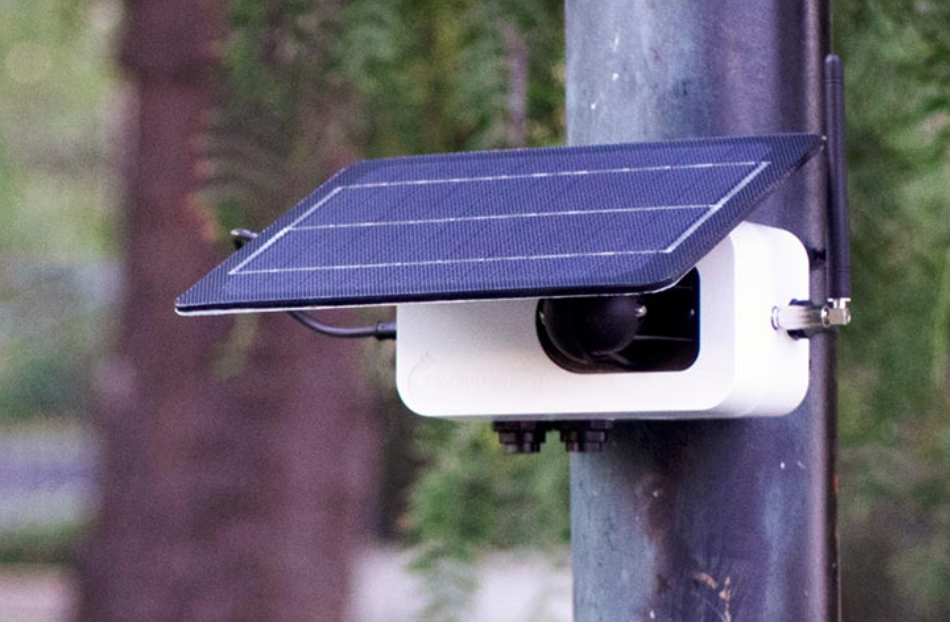
Almost every company has a mission statement, but not every company has a mission. For a startup, a mission is a perspective on how the world will look when they succeed. For example, Michael Karnjanaprakorn’s mission with Skillshare was to make lifelong learning and upskilling accessible to anyone—giving people the agency to craft a career that inspires them.
The idea germinated when Michael saw this problem up close: he had graduated from UVA, but he really wanted to continue to pursue new interests. He didn’t see a place where he could stretch, grow and practice lifelong learning in a deep way.
Michael was sure a solution was already out there. When it wasn’t, he realized that if he had this problem, surely others did, too. It was time for a solution—not just for him, but for everyone. That led to his founding of Skillshare.
Sarah McDevitt founded Core after suffering a debilitating panic attack. Over the next few months, she tried many things, and the only thing that worked was meditation. But none of the options in the market made it easy. With something that requires such a regular routine, the phone apps just weren’t cutting it. As a D-1 basketball player, she always loved coaching teens and so she decided that she would build a meditation product that the most difficult customers—teenage boys and girls—could use easily and effectively. This ended up becoming Core.
David Lu arrived at Berkeley for his undergrad and was astounded that every day, he could look up and see a clear blue sky. When he was growing up in Shanghai, this was rarely the case. As he continued his undergrad, he met fellow students, some from other parts of the world, who were also surprised at how the Bay Area seemed to have such great air (back then) compared to other places.
They realized that the first step in fixing a problem is to know there is a problem. They decided to build the most accurate sensor that could measure air quality. As they installed sensors, they learned that when traffic increased, the air quality got worse. David wanted to empower people around the world with data about their neighborhood, companies about the air their employees were breathing, and cities with information on how they could keep their citizens safe. From this, Clarity was born.
For all these entrepreneurs, a mission was born of a problem they had some connection with and cared deeply about—one they wanted to solve for themselves and also for others. Not every story is just like these, of course. But if you’re wondering where missions come from, look around you.